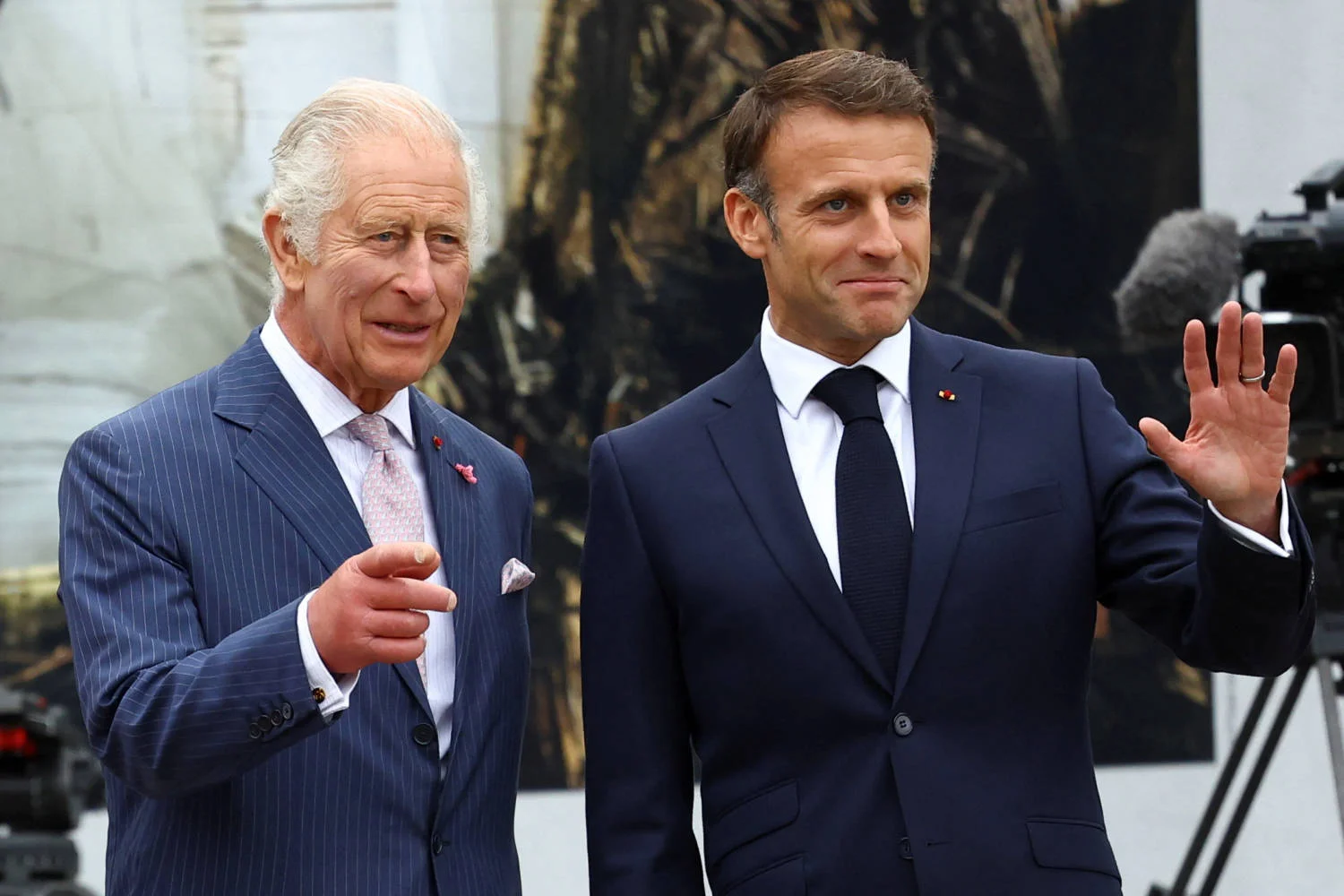During his visit to France, King Charles called for the establishment of a fresh Franco-British alliance centered on environmental sustainability, aiming to mend the political ties strained by the Brexit process. Speaking before lawmakers in the upper chamber of the French parliament, this historic address marked a significant moment, as it was the first time a British monarch had addressed such an audience.
King Charles used this platform to underscore the critical importance of addressing climate change, labeling it as “our most existential challenge of all.” While some observers in the United Kingdom interpreted this as subtle criticism directed at Prime Minister Rishi Sunak, who recently scaled back the government’s commitments to achieve net-zero emissions, King Charles’s environmental advocacy has deep roots.
For many years, King Charles has been an outspoken proponent of environmental conservation, consistently warning about the urgent need to protect the environment for the sake of future generations. He has applauded the efforts made by both the governments of London and Paris in taking concrete steps to tackle environmental challenges.
Long before environmental consciousness became fashionable, King Charles set an example by establishing an organic garden at his Highgrove estate in western England. This forward-thinking initiative preceded the widespread adoption of organic farming practices.
Furthermore, King Charles has been transparent about his own environmental footprint, publicly disclosing details about his household’s carbon emissions. His commitment to sustainable practices extends to his personal life, as demonstrated by his ownership of an Aston Martin DB6 since 1970, which has been converted to run on bioethanol derived from surplus English white wine and whey produced during cheese-making.
King Charles’s call for a Franco-British partnership dedicated to environmental sustainability serves as a testament to his enduring commitment to addressing the pressing challenges of climate change and environmental degradation. As political relations continue to evolve post-Brexit, this proposal underscores the potential for collaboration on issues of global significance, ultimately benefiting both nations and the planet as a whole.




